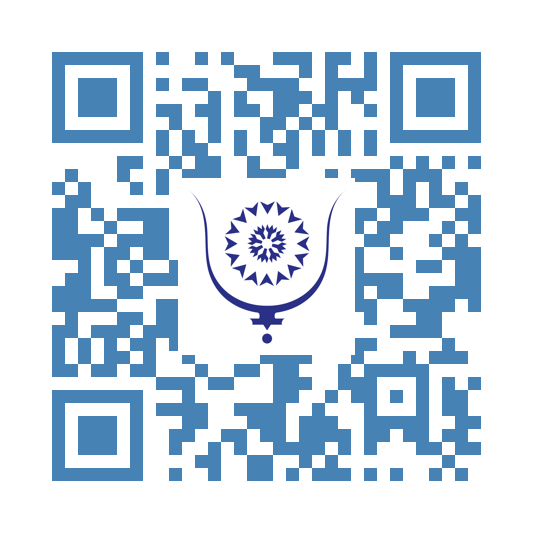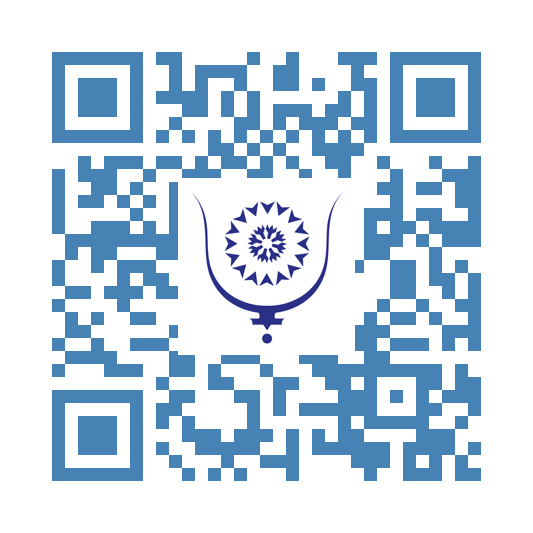Législatives 2026 au Maroc : un défi démocratique sous impulsion royale... 1087
Sa Majesté le Roi Mohammed VI a officiellement chargé le ministère de l’Intérieur de préparer les élections législatives de 2026. Cette décision, annoncée dans le 26ᵉ discours du Trône, constitue à la fois une directive solennelle et une marque de confiance particulière envers ce ministère. Avant la fin de l’année, le ministère devra alors avoir finalisé le cadre juridique et organisationnel du scrutin.
Dans la foulée, M. Abdelouafi Laftit a convoqué les principaux partis politiques à des consultations inclusives visant à garantir « une élection exemplaire », transparente et crédible, en conformité avec les instructions royales. Cette démarche témoigne d’une volonté claire de renforcer l’organisation des élections en l’éloignant de l’influence directe du gouvernement, notamment celle de son chef, M. Aziz Akhannouch, également président du RNI. Ce parti est perçu comme ayant une influence conséquente sur le processus électoral. Confier cette mission au ministère de l’Intérieur, reconnu pour son rôle d’arbitre institutionnel, vise à limiter les interférences politiques directes et à prévenir toute tentative de captation du scrutin par certains acteurs en place.
Le ministre, lors de la réunion, a insisté sur la nécessité que les élections soient « exemplaires » et a laissé entendre qu’un effort significatif serait déployé pour répondre aux attentes démocratiques et institutionnelles, sous-entendu que tout sera mis en œuvre pour une implémentation stricte de la volonté royale, à distance de toutes les factions politiques.
Un nouveau Code électoral spécifique à la Chambre des représentants est donc en préparation, avec une adoption envisagée avant la fin 2025. Les réflexions et discussions en cours portent sur plusieurs axes essentiels : la mise à jour ou la simplification des listes électorales, avec le recours à la seule carte d’identité pour identifier les électeurs ; la moralisation et la régulation du financement des campagnes par un contrôle renforcé, voire un plafonnement des dépenses des candidats et des partis. Une meilleure transparence ainsi que la révision du découpage électoral fondée sur le dernier recensement sont également à l’ordre du jour. La question du nombre de bureaux de vote, qui dépassait 40 000 lors du dernier scrutin, devrait aussi être abordée, tout comme la représentation des quelque 6 millions de Marocains résidant à l’étranger.
Le mode de scrutin actuel, basé sur la proportionnelle par listes, pourrait aussi être remis en question afin de remédier aux insuffisances constatées en 2021, notamment la propension à favoriser les «faiseurs» de députés et les clientélismes locaux, souvent nourris par l’argent.
Dans la sphère politique, c’est plutôt silence radio. L’impression est que les partis politiques sont soit blasés, soit simplement stratégiquement attentifs. C’est donc chez les chroniqueurs et autres auteurs que se déroule le débat et foisonnent les idées. Le sentiment, tout de même partagé, est que les choses doivent changer si l’on veut redonner un sens à la vie politique. C’est ce que veut Sa Majesté.
L’introduction d’un scrutin uninominal à deux tours est l’une des idées qui ressort souvent comme une piste possible pour réduire l’emprise de l’argent et des réseaux traditionnels d'influence. Ce mode de scrutin, jamais expérimenté au Maroc, favoriserait un vote davantage axé sur les individus plutôt que sur les listes de partis, renforçant ainsi la démocratie par une meilleure mobilisation citoyenne et une représentativité accrue. Jusqu’ici, les citoyens ont souvent été surpris par des alliances contre nature formées après le scrutin, dès lors que l’électeur n’a plus d’emprise sur la configuration finale. Le scrutin à deux tours a pour avantage que toute négociation ou alliance entre partis se fait entre les deux tours, donc à un moment où le citoyen peut encore intervenir par un second vote.
Cette réforme électorale de fond pourrait répondre à un défi majeur : le désintérêt des citoyens pour la politique, manifesté par des taux élevés d’abstention, phénomène alimenté par une perception d’un renouvellement insuffisant, d’une faible efficacité des partis et, partant, des instances élues.
Pour réussir, la réforme doit aller de pair avec un effort des partis pour renouveler leurs approches, attirer une jeunesse en quête d’alternatives et raviver l’intérêt populaire pour le vote.
Les partis politiques marocains ont historiquement une relation ambiguë avec les électeurs en dehors de leurs bases traditionnelles acquises. Il semble même qu’ils découragent l’adhésion massive au processus électoral, de peur que leurs effectifs, souvent anecdotiques par rapport à la masse électorale statutaire, ne soient dilués. Le PJD a pris les rênes du pays avec seulement 1,3 million de voix, soit environ un dixième du nombre d’électeurs potentiels. Certains partis disposent de groupes parlementaires alors qu’ils n’ont obtenu que quelques 200 000 voix, voire moins.
Les partis sont parfois perçus comme peu représentatifs et entachés d’accusations de corruption. Ils ont néanmoins un intérêt pragmatique à mobiliser leurs noyaux d’électeurs pour conserver leur poids politique et leur financement public.
La perspective d’une campagne électorale dynamique semble aujourd’hui limitée par une certaine apathie des acteurs politiques, freinant l’élan démocratique attendu.
Concernant le scrutin uninominal à deux tours, bien qu’il puisse structurer le paysage politique autour de deux grands pôles et favoriser des alliances plus claires, il ne saurait à lui seul neutraliser les influences de l’argent, les réseaux liés aux chefs communaux ou les clientélismes. Ce système peut même accentuer une bipolarisation artificielle, marginaliser les petits partis et laisser perdurer des alliances occultes entre grands partis, nuisant à la transparence et à la légitimité démocratique. Par ailleurs, des risques subsistent concernant la baisse de la participation entre les deux tours et la complexité du changement d’opinions des électeurs, pouvant ouvrir la voie à des manipulations stratégiques. Ainsi, des réformes complémentaires sont indispensables, notamment en matière de transparence du financement des campagnes, de moralisation du processus électoral et de contrôle des clientélismes locaux, pour garantir une compétition politique plus juste et plus crédible.
La décision royale de confier au ministère de l’Intérieur la gestion du scrutin, le dialogue inclusif avec les partis, et la volonté affichée de moraliser le processus témoignent d’une ambition forte de réforme profonde pour une élection plus juste, équitable et digne de confiance.
Le mode de scrutin reste au cœur des débats, mais la réussite des législatives de 2026 dépendra aussi de la capacité à réinventer un système électoral et politique capable de mobiliser les citoyens et d’instaurer la confiance dans la démocratie marocaine.
Les citoyens aussi, sont appelés a davantage d'honnêteté et de responsabilité.




